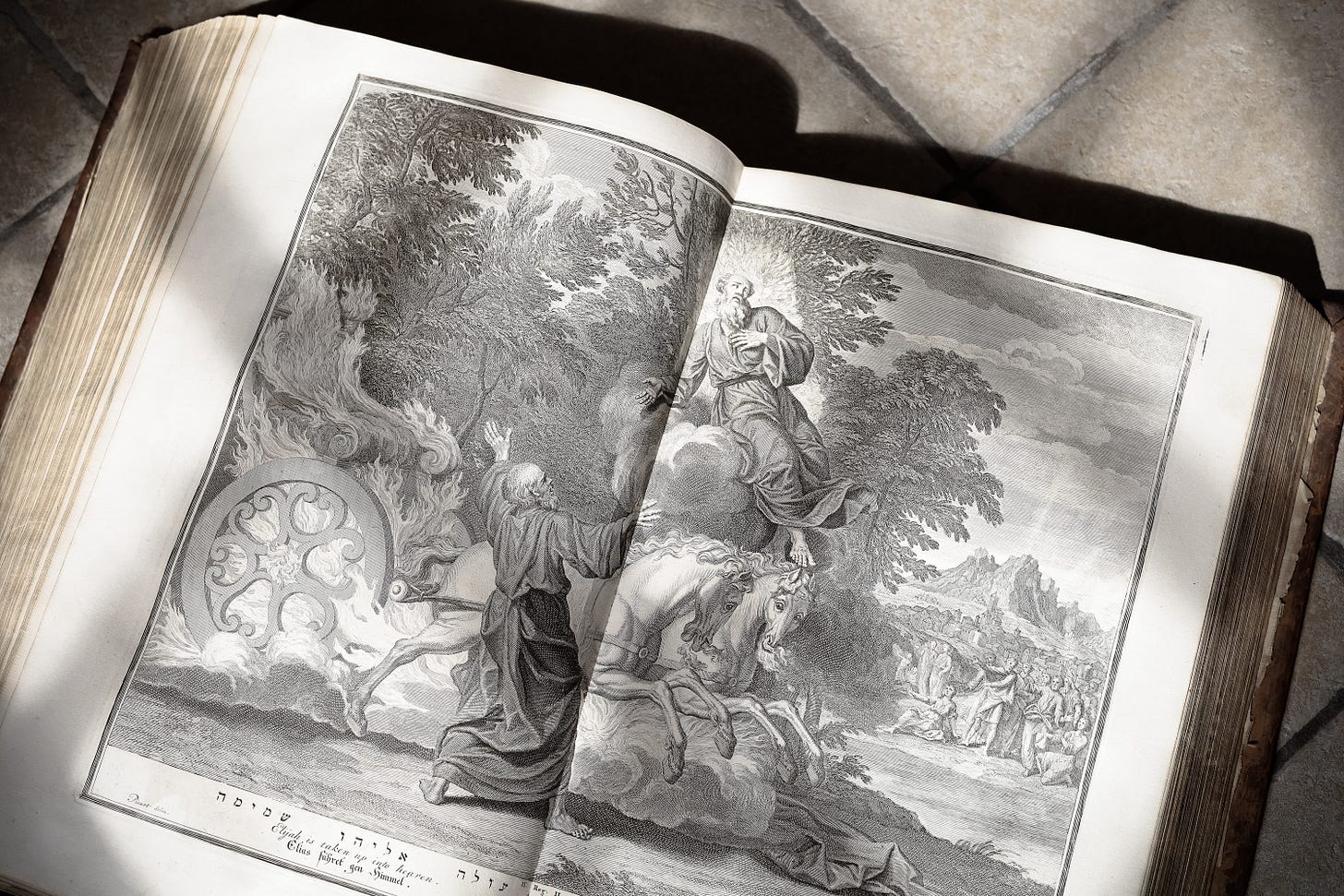And he will go on before the Lord, in the spirit and power of Elijah, to turn the hearts of the parents to their children and the disobedient to the wisdom of the righteous—to make ready a people prepared for the Lord.” (Luke 1:17, NIV)
My book, Where is the God of Elijah: Overcoming Spiritual Drought in Our Lives and Churches, is scheduled to be released in the Fall of 2023. In that book, I describe how an unknown country bumpkin who lived off the grid became Israel’s greatest prophet.
The similarities between Elijah and John the Baptist are many. John, like Elijah, lived in the Judean desert. Like Elijah, John’s clothing was made of camel hair. Neither John nor Elijah would have been featured in GQ or any other “best dressed” magazines.
But what stands out most to me about the similarities between these two prophets was their fearlessness when it came to calling out wicked kings. Elijah condemned Ahab’s marriage to Jezebel and the introduction of Baal worship in Israel. John the Baptist denounced King Herod’s marriage to Herodias, who was originally his brother’s wife, who Herod seduced while he was in Rome. (Herodias, by the way, was a willing partner.)
And, of course, it was Jezebel who sought to take Elijah’s life and Herodias who was responsible for the beheading of John the Baptist. Both of these men of God refused to compromise their integrity and prophetic voice. Both paid a high price for their commitment to God and His ways. And both men were what I like to call anti-celebrity prophets who stood in stark contrast to the religious leaders in Jesus’s day.
Prestige, place, position, praise - these things have seduced many Christian leaders. To be honest, there was a time when I was enticed by these things. But God, in his wisdom and mercy, knew just what I needed. Her name is Sherri, and she is my wife of thirty-nine years.
Right now, as I write these words, on the wall above me hangs a needlepoint that my precious wife made for me many years ago. On it are the words of John the Baptist after his disciples pointed out that Jesus was drawing greater crowds than him - “He must increase, but I must decrease.” (John 3:30, KJV)
Christian maturity is seen most clearly in the lives of those whose image reflects less of themselves and more of Jesus.
In Christ,
Dan
Tis the season to think less of ourselves and more of Christ.
Check out my podcasts from Church on the Edge and my books on Kindle.
You can listen to my weekly messages at Embrace Church, High Point.





Amen brother... "He must increase, but I must decrease." And we're blessed with our wives Dan... mine has saved me from many a disaster! Praise GOD :)